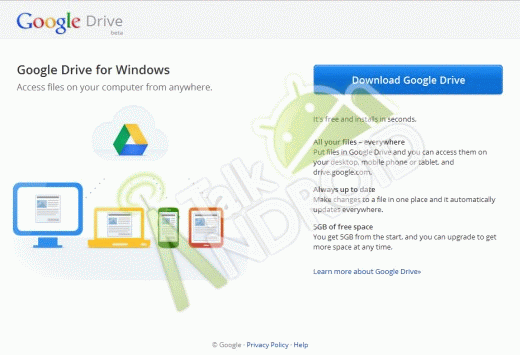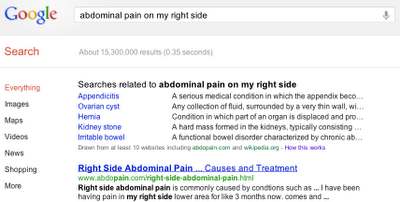I almost used Ad Planner. I signed up, because a free ad management service was irresistible. But my current systems were sufficient for my low levels of income, and I didn’t proceed. Millions, however, would now be using and relying on Ad Planner.
Now it will fail to work unless it is only used to run Adsense ads:
Starting September 5th, 2012, the new version of Ad Planner will be dedicated to supporting research on placements on the Google Display Network, which comprises more than 2 million sites from across the web.
What does this change mean for you?
- You can no longer research domains or ad placements that are not part of the Google Display Network
- Publisher Center, the feature that allows publishers to claim their own sites, list relevant ad placement availability & pricing, will be deprecated
This is a classic bait and switch, and perhaps borders on illegal, given their monopoly status. Google can no longer be trusted. And this isn’t the first time – last year many sites had to start paying to use Google Maps on their site. What’s next?:
- Only use Google Search if you are a registered Google user?
- Google Analytics only available to Adsense publishers?
- Embedded YouTube videos cost 10 cents each to display?
Imagine if Microsoft told customers that you need to pay $5 to receive future security updates?
Imagine if Toyota stopped making cars and doubled the price of spare parts?


